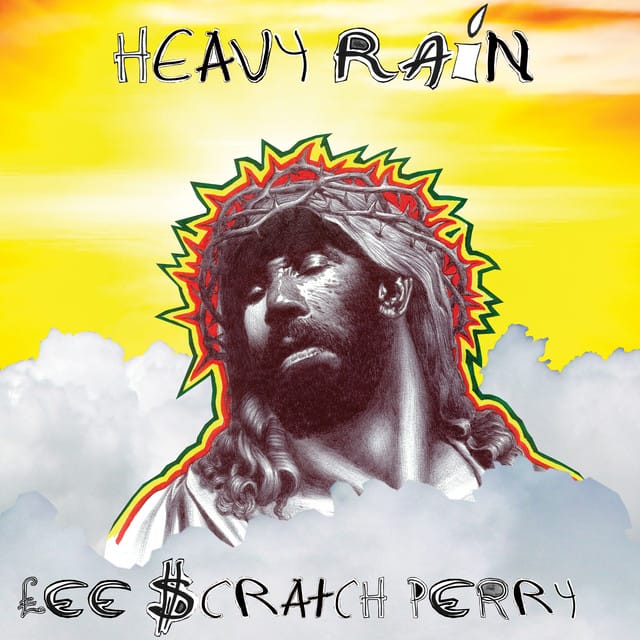Lee “Scratch” Perry, born in Jamaica in 1936, is a legendary figure in the world of reggae and dub music. Known for his eccentric personality and groundbreaking production techniques, Perry transformed the sound of Jamaican music in the 1970s. His innovative use of studio effects, tape loops, and unconventional recording methods helped shape the dub genre, influencing countless artists across various musical styles.
Perry’s early work with Studio One and later with his own label, Upsetter Records, brought him into contact with some of reggae’s most iconic figures, including Bob Marley and the Wailers. His production on albums like “Super Ape” and “Blackboard Jungle Dub” is considered revolutionary, blending psychedelic sounds with deep basslines and echo effects. Perry’s creative approach was inspired by a mix of Rastafarian beliefs, science fiction themes, and a fascination with the mystical, which gave his music a unique and otherworldly vibe.
Many bands and artists have cited Lee “Scratch” Perry as a major influence. The Clash, Beastie Boys, and Massive Attack have all acknowledged his impact on their music. His work laid the foundation for modern electronic and hip-hop production techniques, making him a pivotal figure beyond just reggae. Perry’s influence extends to producers and musicians worldwide who admire his fearless experimentation and ability to push the boundaries of sound.
One famous anecdote about Perry involves his eccentric studio, the Black Ark, which was said to be imbued with mystical energy. Perry believed that the studio was alive and that he could communicate with spirits through his recordings. The Black Ark eventually burned down under mysterious circumstances in 1979, a loss that many see as symbolic of the end of an era in reggae music. Perry’s larger-than-life persona and storytelling have only added to his legendary status.
Despite his sometimes chaotic lifestyle, Lee “Scratch” Perry’s contributions to music remain unmatched. He continued to perform and produce music well into his later years, collaborating with artists from different genres and generations. Perry’s legacy is not just in his recordings but in his fearless creativity that challenged conventional music production and inspired a global community of artists.










